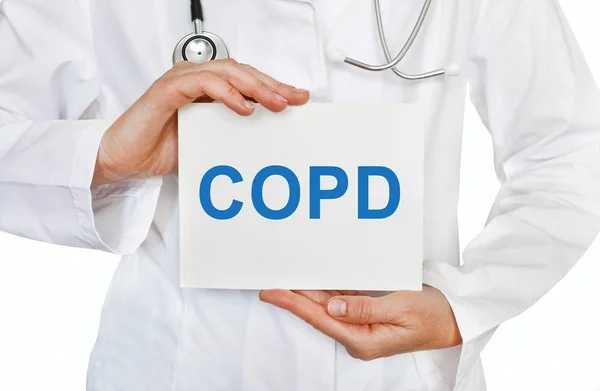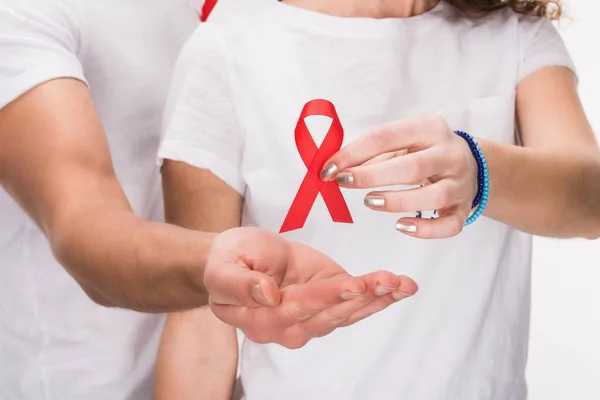Substance Abuse Treatment: Your Path to a Healthier Life
Substance abuse is a complex and challenging issue, affecting millions of individuals and their families around the world. Whether it involves alcohol, drugs, or prescription medication, substance abuse can lead to devastating physical, emotional, and social consequences. However, with the right treatment and support, recovery is not only possible but achievable. Substance abuse treatment offers a path to healing, self-discovery, and long-term well-being, providing individuals with the tools to break free from addiction and build a healthier, more fulfilling life.
Substance abuse is a complex and challenging issue, affecting millions of individuals and their families around the world. Whether it involves alcohol, drugs, or prescription medication, substance abuse can lead to devastating physical, emotional, and social consequences. However, with the right treatment and support, recovery is not only possible but achievable. Substance abuse treatment offers a path to healing, self-discovery, and long-term well-being, providing individuals with the tools to break free from addiction and build a healthier, more fulfilling life.

This article explores the different treatment options available for substance abuse, the benefits of seeking help, and how treatment can empower individuals to reclaim control over their lives.
Understanding Substance Abuse
Substance abuse, also known as substance use disorder (SUD), is a medical condition characterized by the recurrent use of substances (e.g., alcohol, marijuana, cocaine, opioids, or prescription drugs) despite negative consequences. It often leads to physical dependence, psychological addiction, and impaired functioning in personal, professional, and social areas of life.
Some common signs of substance abuse include:
- Increased tolerance(needing more of the substance to achieve the same effect)
- Withdrawal symptomswhen not using the substance
- Inability to control use, despite efforts to stop
- Neglecting responsibilitiesat work, school, or home
- Continued useeven when it leads to health problems or personal consequences
Substance abuse can develop for various reasons, including genetic predisposition, mental health conditions, trauma, and environmental factors. Fortunately, with effective treatment, recovery is possible.
The Importance of Seeking Treatment
Substance abuse can have far-reaching effects on an individual’s health, relationships, career, and overall quality of life. Some of the consequences of untreated substance use disorder include:
- Physical health problems: Organ damage, cardiovascular disease, liver disease, respiratory issues, and overdose
- Mental health issues: Anxiety, depression, mood swings, paranoia, and psychosis
- Relationship strain: Damaged relationships with family, friends, and coworkers due to irresponsible behavior, dishonesty, or neglect
- Social isolation: Withdrawal from social activities and relationships, resulting in loneliness
- Financial strain: Legal issues, job loss, and financial difficulties related to the cost of substances and lifestyle
Seeking treatment for substance abuse is the first step toward healing and recovery. With support and the right care, individuals can regain control of their lives, restore relationships, and improve their overall well-being.
Types of Substance Abuse Treatment
Substance abuse treatment is highly individualized, as each person’s addiction and circumstances are unique. The most effective treatments are comprehensive, addressing both the physical and psychological aspects of addiction. The following are common treatment options:
- Detoxification (Detox)
Detoxification is often the first step in the recovery process. It is the process of allowing the body to clear itself of addictive substances while managing withdrawal symptoms under medical supervision. Detox can be done on an outpatient or inpatient basis, depending on the severity of the addiction.
- Medical detoxprovides a safe environment where healthcare providers can monitor vital signs and offer medications to ease withdrawal symptoms.
- Detox helps individuals get past the initial physical dependence, but it does not address the psychological aspects of addiction, which is why it is typically followed by further treatment.
Benefits:
- Reduces the immediate risks of withdrawal symptoms.
- Provides a supportive environment for patients to begin their recovery journey.
- Lays the foundation for continued addiction treatment.
- Inpatient/Residential Treatment
Inpatient or residential treatment involves staying at a treatment facility for a specified period, typically ranging from 30 days to 90 days. This type of treatment is particularly beneficial for those with severe substance use disorders or co-occurring mental health issues. In a residential setting, individuals have access to round-the-clock care, therapy, and support, away from the distractions and triggers of their everyday environment.
- Therapiesused in inpatient treatment include individual counseling, group therapy, cognitive behavioral therapy (CBT), and family therapy.
- Support groupsand peer interactions help individuals share experiences and learn coping skills.
Benefits:
- Provides a structured environment focused on recovery and healing.
- Offers intensive, specialized care for individuals with severe addiction.
- Reduces the likelihood of relapse by providing a drug-free, supportive space for healing.
- Outpatient Treatment
Outpatient treatment allows individuals to receive care while living at home and maintaining their daily responsibilities. Outpatient programs can vary in intensity, with some requiring several hours of therapy a week, while others are less frequent but still provide regular support and counseling.
- Outpatient programsmay include individual therapy, group therapy, and support groups like 12-step programs or SMART Recovery.
- Individuals can continue working, attending school, or taking care of family responsibilities while receiving treatment.
Benefits:
- More flexible and less disruptive to daily life.
- Suitable for individuals with milder substance use disorders or those who have already completed inpatient care.
- Encourages long-term self-management and responsibility in recovery.
- Medication-Assisted Treatment (MAT)
Medication-Assisted Treatment (MAT) combines medications with counseling and behavioral therapies to treat substance use disorders, particularly for opioid and alcohol addiction. MAT helps individuals manage cravings, reduce withdrawal symptoms, and improve the effectiveness of therapy.
- Methadoneand buprenorphine are commonly used to treat opioid addiction, while disulfiram (Antabuse) and naltrexone are used to treat alcohol addiction.
- MAT is used to help individuals stay sober while working through therapy to address the root causes of their addiction.
Benefits:
- Reduces cravings and withdrawal symptoms, making it easier to stay sober.
- Increases treatment retention and reduces the risk of relapse.
- Can be integrated into outpatient or inpatient treatment plans for comprehensive care.
- Cognitive Behavioral Therapy (CBT)
Cognitive Behavioral Therapy is a widely used therapeutic approach that helps individuals identify and change negative thought patterns and behaviors that contribute to substance abuse. CBT teaches individuals how to cope with stress, triggers, and cravings without turning to substances.
- CBT helps individuals understand how their thoughts, emotions, and behaviors are connected.
- It provides practical strategies to deal with difficult situations, making it easier for individuals to avoid relapse.
Benefits:
- Empowers individuals with the tools to manage triggers and cravings.
- Focuses on long-term behavior change by changing thought patterns.
- Improves emotional regulation and coping skills.
- 12-Step Programs and Support Groups
Support groups, including 12-step programs like Alcoholics Anonymous (AA) and Narcotics Anonymous (NA), provide a peer-driven, supportive environment for individuals in recovery. These programs emphasize the importance of mutual support, personal accountability, and spirituality in the recovery process.
- 12-step programsfollow a structured process that includes admitting the problem, seeking help, making amends, and maintaining ongoing recovery.
- Other support groups, such as SMART Recovery, focus on self-empowerment, self-reliance, and scientific-based principlesof recovery.
Benefits:
- Encourages ongoing support and accountability.
- Provides a community of individuals who understand the challenges of addiction.
- Helps individuals maintain long-term sobriety through mutual aid and shared experiences.
The Road to Recovery: What to Expect
Recovery from substance abuse is a journey that takes time, patience, and commitment. The road to healing often includes multiple phases and setbacks, but with the right treatment and support, individuals can overcome the challenges of addiction. Here’s what to expect during recovery:
- Early Recovery: The initial phase of recovery is focused on detoxificationand stabilizing physical health. This period often involves intensive treatment, including therapy and support to address withdrawal symptoms and cravings.
- Rebuilding Life: As individuals progress in recovery, they begin to rebuild their lives by learning new coping mechanisms, improving relationships, and addressing the underlying causes of addiction.
- Maintenance: Ongoing therapy, support groups, and lifestyle changes are crucial for maintaining sobriety. This phase focuses on preventing relapse, improving self-care, and continuing to build a strong foundation for a healthier life.
- Long-Term Wellness: After achieving long-term sobriety, individuals continue to work on maintaining their mental, emotional, and physical well-being. This phase often includes giving back to the community and helping others in recovery.
Conclusion: Embracing a Healthier Future
Substance abuse treatment is a critical step toward healing, self-improvement, and long-term recovery. Whether it involves inpatient care, outpatient therapy, medication-assisted treatment, or support groups, treatment provides the necessary tools to manage addiction, rebuild lives, and foster lasting change. Recovery is possible, and with the right help, individuals can break free from the grip of addiction, rediscover their strength, and live healthier, more fulfilling lives.
The journey to recovery may be challenging, but it is also one of hope, resilience, and the possibility of a brighter future. Seek help today and take the first step toward a healthier, happier tomorrow.








